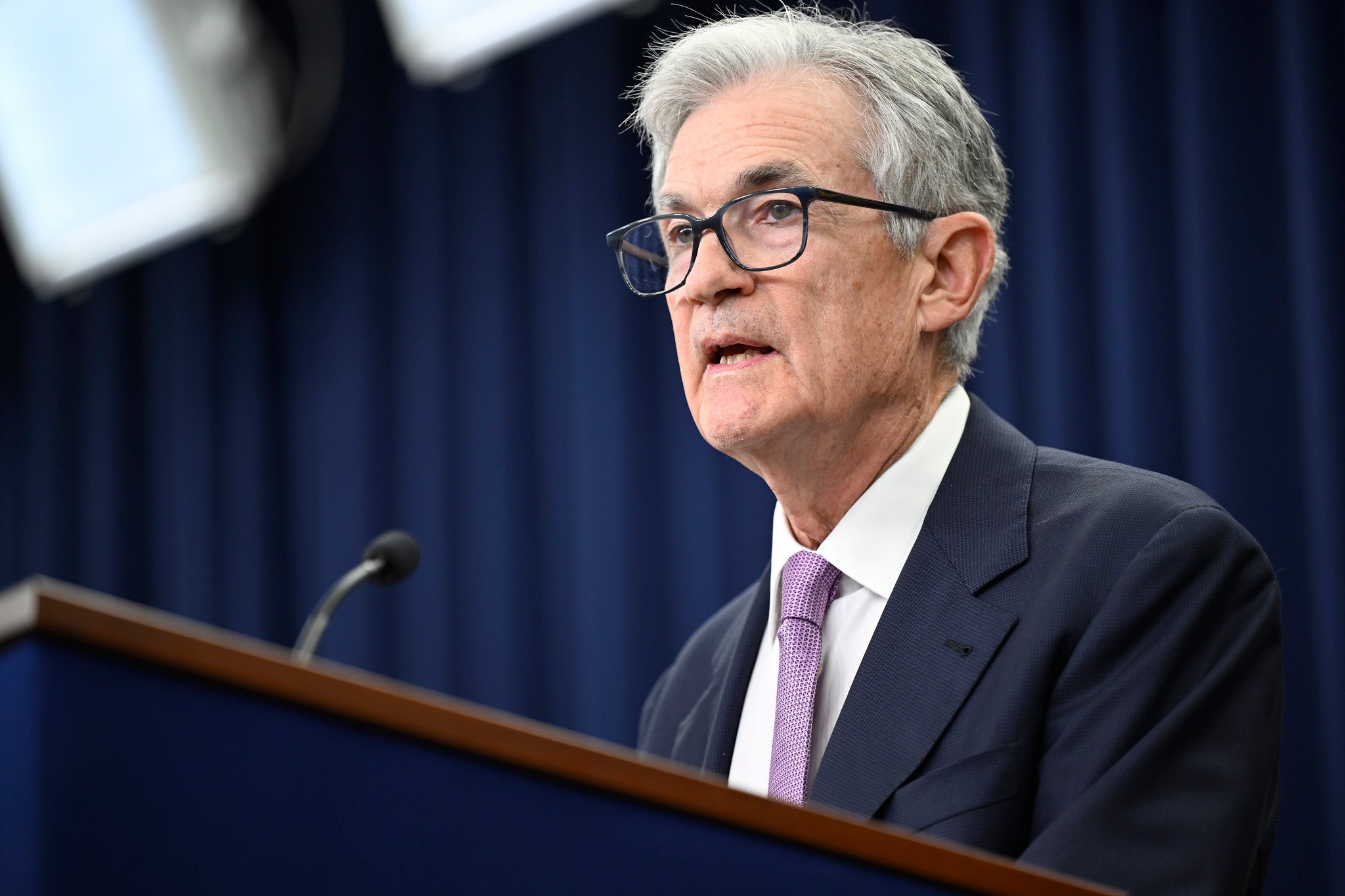Although we don't believe in timing the market or panicking over daily movements, we do like to keep an eye on market changes -- just in case they're material to our investing thesis.
In the 2010 Oliver Stone film Wall Street: Money Never Sleeps, an older, somewhat disgraced Gordon Gekko recalls in front of a packed crowd how he once claimed greed was good. "Now it seems it's legal," he chides. I'd venture to say that if the real-life Gekko were around to witness today's market, he'd share another aphorism with us. "It used to be that bad news was bad news," he'd say, "and now it seems it's good." This theoretical character has a point: Private-sector payrolls increased by 144,000 in September, a far cry from the 180,000 expected figure. Still, the S&P 500 Index (^GSPC +0.22%) added 10 points, or 0.6%, to end at 1,754, another all-time high. What gives?
Wall Street was happy about the bad news Tuesday because it figured a weak U.S. labor market would force the Federal Reserve's hand to continue stimulus injections going forward. Still, not all S&P components were on the rise. As fate would have it, a company partially owned by Carl Icahn -- the rumored inspiration for Gordon Gekko's character -- slumped 9.2% today. That company, Netflix (NFLX +1.36%), slumped after Netflix's own CEO expressed concern over the valuation, and Icahn himself sold a significant chunk of his stake in the streaming service. This sell-off came after the company reported a blowout third quarter in which earnings quadrupled.
Data-equipment company EMC (EMC +0.00%) shed 4.8% Tuesday for a more understandable reason: The government shutdown badly hurt its business in the third quarter. Revenue from the government slumped, as the rippling effects of the dysfunctional political environment begin to make themselves known in the private sector. Verizon is also hiring talent away from EMC, wooing a top EMC security executive to the dominant wireless company.
Lastly, Birmingham-based Regions Financial (RF +0.60%) lost 3.6% today as quarterly earnings disappointed investors. Earnings per share came in at $0.20, missing EPS estimates by $0.01. The regional bank was especially hurt by a decline in refinancing income, as rising interest rates discouraged homeowners from locking in mortgages at modestly higher rates. Alabama's largest bank is trying to shift focus to its wealth management business to offset the upward-sloping yield curve moving forward.








